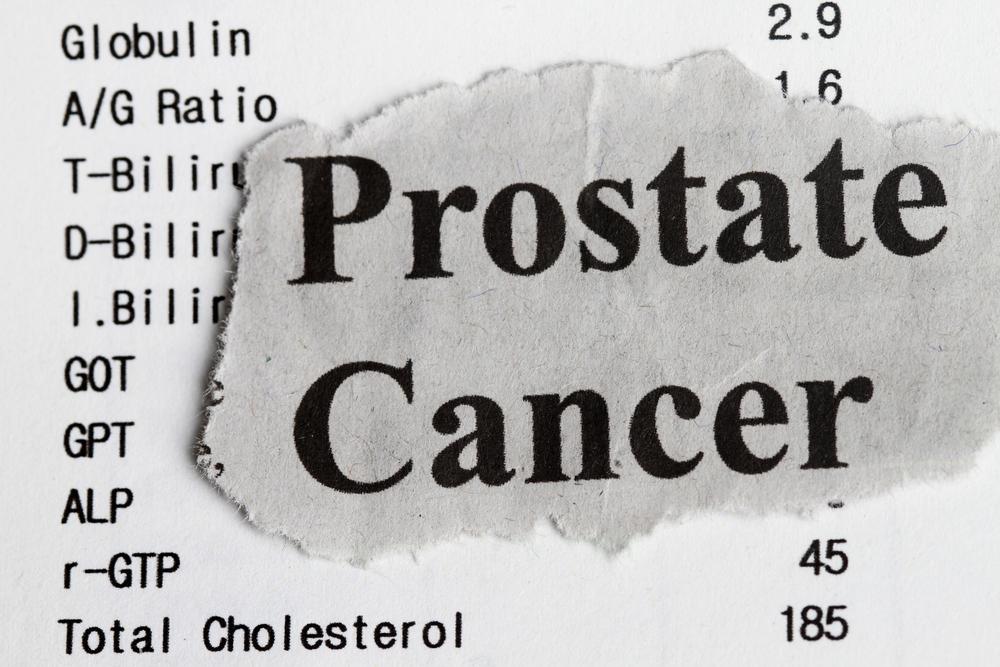
Ways to reduce the risk of prostate cancer
There are a wide variety of risk factors associated with prostate cancer. A risk factor is anything that can increase the possibility of one being prone to developing a disease but these do not directly cause or lead to its development themselves. In the case of cancer, while nothing can be done regarding some risk factors, certain others can be handled and avoided, thereby reducing the chance of developing prostate cancer. In addition to that, there are quite a few prevention mechanisms that can aid in reducing the risk of prostate cancer. Some of the ways of avoiding certain top risk factors of prostate cancer such as poor dietary habits, along with other prevention methods, are as follows:
Dietary changes: There isn’t a lot of information regarding the direct connection between dietary habits and the development of prostate cancer. However, certain reports have shown a connection between obesity and the development of the condition. Medical professionals assert that healthy dietary habits should be inculcated from early on in one’s life to reduce the risk. Based on the current research on prostate cancer and dietary habits, here are some tips:
- A diet that has high quantities of legumes, fruits, and vegetables, including peas and beans can reduce the risk of prostate cancer. However, it is not yet certain as to which nutrients particularly contribute to the reduction of this risk. A nutrient called lycopene which is present in high quantities in tomatoes and several other vegetables is reported to be associated with reducing the risk of prostate cancer.
- People who consume high quantities of fat regularly, and particularly animal fat, are at a higher risk of developing prostate cancer.
- As there haven’t been many scientific studies proving that particular vitamins and minerals can prevent or reduce prostate cancer, it is recommended for one to not get onto any supplements before taking their doctor’s advice on the same.
- For dietary changes to either stop or slow the progression of prostate cancer in an individual, the changes would need to made quite early on in one’s life cycle.
Chemoprevention: A particular class of drugs known as 5-alpha-reductase inhibitors, which include medication such as finasteride and dutasteride, is estimated to possibly reduce a man’s risk of being prone to prostate cancer. These are normally used to treat benign prostate hyperplasia. While it had been thought that taking 5-ARIs was associated with more aggressive forms of prostate cancer, this may not be true. It has been shown through a long term study that about 78% of the men who have been either on finasteride or placebo were alive even after 15 years since the study began. While that proves that it particularly doesn’t reduce the risk of death in men with prostate cancer, it does not necessarily increase it either. The U.S. FDA has not approved of these medications for the prevention of prostate cancer, however, they are FDA-approved to treat some symptoms of BPH. 5-ARIs should be taken only after consultation with a specialist regarding their side effects and benefits.
Diagnosing prostate cancer at its earlier stages gives one the highest chances to minimize the complications ahead and benefit more from the treatment options.



